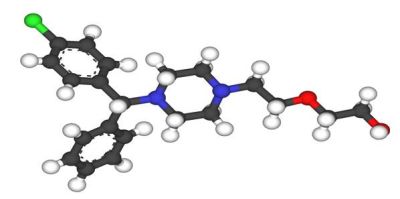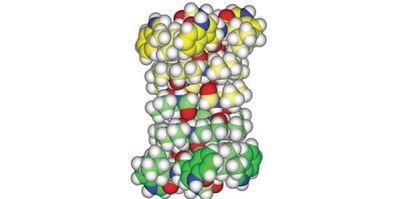Scientists from seven universities in the UK including Cambridge, Cardiff, Glasgow, Oxford, Southampton and Sussex and King's College London, are setting up a research consortium that is aimed at exploiting a newly discovered link between immune disorders and mental illness. The goal is to determine whether anti-inflammatory drugs can be adapted to treat patients with depression or senile dementia.
The scientists have been given a £5m backing by the Wellcome Trust and pharmaceutical companies.
“Recent evidence has shown, overwhelmingly, that there is a link between depression and inflammation triggered by the body’s immune behaviour in the body,” said the consortium’s leader, neuroscientist Professor Ed Bullmore, of Cambridge University.
However, the exact mechanism by which mood changes are triggered is still not understood. Evidence from patients with hepatitis has shown that when they are treated with interferon, the drug triggered an inflammatory response to drive out the hepatitis virus. While the treatment is very effective, it has been observed that nearly 30 to 40 percent of patients receiving interferon become very depressed. These include patients who have had no history of depression. Thus, this shows that there might be a connection between inflammation in the body and mental illness.
Professor Bullmore believes that this link needs to be explored in more detail as it might shed some light on how current drugs could be adapted to tackle inflammation in those affected by depression.
Studies by another member of the research consortium Professor Simon Lovestone indicate that inflammation may also have a role in the progress of Alzheimer's disease since some of the genes that control the course of Alzheimer's also control the direct inflammatory responses in the body. Thus, there might be a connection between the two.
The treatment of mental illness is already a challenge since the development of new drugs for treating depression and Alzheimer’s is at a standstill. Professor Bullmore points out that doctors are in need of a new approach for the creation of new types of drugs for depression since the last range of effective new drugs appeared more than twenty years ago.
Professor Lovestone agrees and has emphasised the need for a new approach since clinical trials of drugs to treat Alzheimer's have completely failed.
According to John Isaac, head of neurosciences and mental health at the Wellcome Trust, “by looking at the immune system, which we already have an advanced understanding of, we could use that knowledge to treat mental illness.”
Source: The Guardian
Image Credit: Wikimedia Commons























